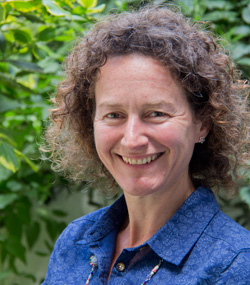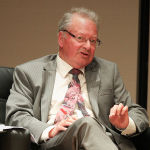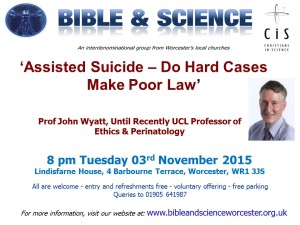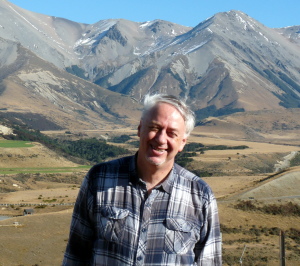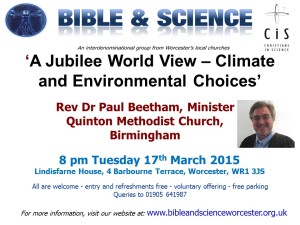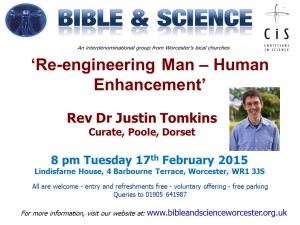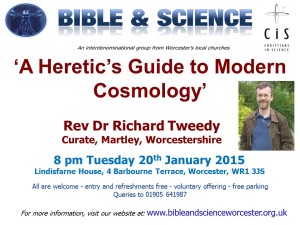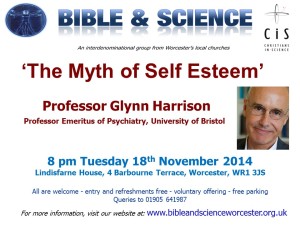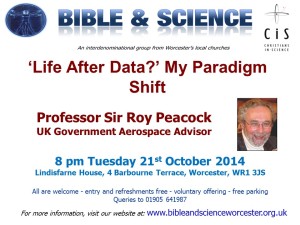It is very common for couples to live together without marrying, at any rate for many years. Some people have suggested that marriage could disappear altogether from the social scene within less than a century. Everyone can point to at least one or two couples they know personally, who appear to be perfectly happy, bringing up families successfully, without ever bothering about a marriage certificate or a service in church. We also know people who have followed the traditional path and subsequently divorced.
Critics have expressed anxiety that the average length of unmarried relationships is considerably shorter than that of traditional marriages, and that the legal position of one partner is often weaker than it should be if the relationship ends. The separation can be as painful in cohabitation as in a divorce, notably for the children, and the pain may last longer for the children even than for their parents.
Most Christians still get married, but they may well be concerned that their fellow citizens are not always sufficiently aware of the advantages of marriage, even for unbelievers. The reasons why Christians in particular should get married, if they are consistent in their beliefs, are also sometimes only vaguely understood. We hope that Philippa Taylor, Head of Public Policy at the Christian Medical Fellowship, who has studied the subject in considerable depth, will be able to throw some light on a highly controversial area of modern life.
All are welcome, and there will be coffee and cake at the end of the talk.

